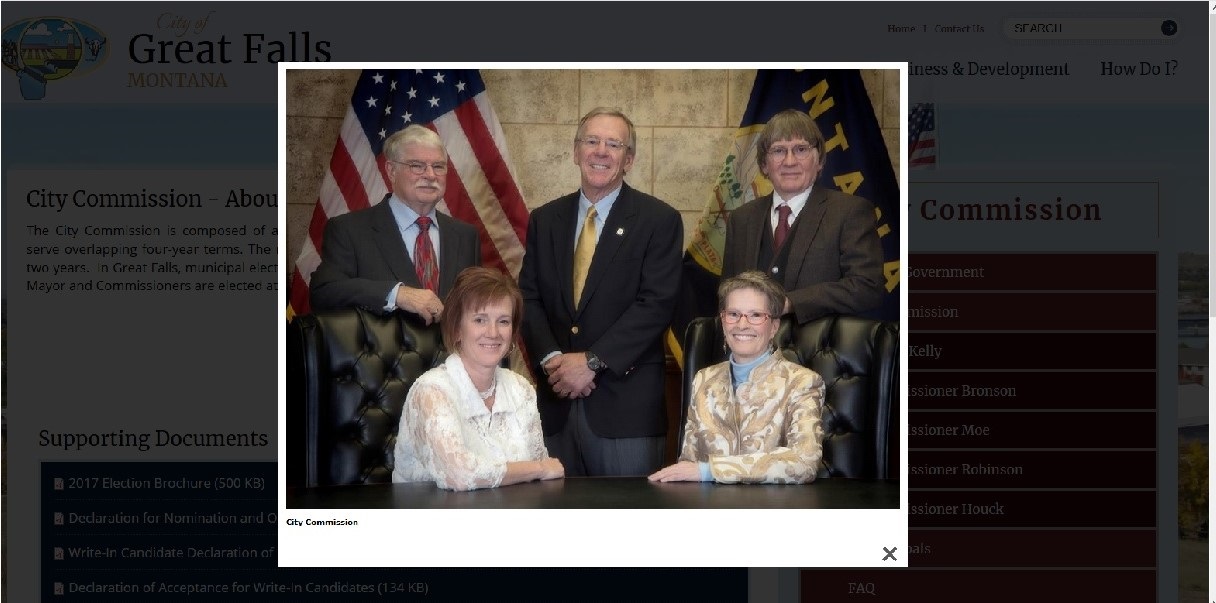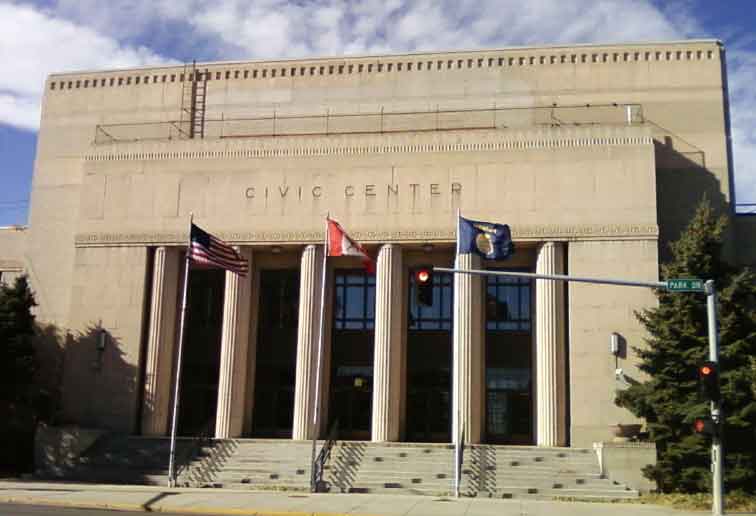________________________________________________________________________ It appears our Great Falls City Commissioner Houck has become the self-appointed arbiter of civility, political responsibility and justice. We’re in trouble now. Houck lectured Senator Daines on Facebook. She opines that he doesn’t speak on behalf of the majority of Montanans and that he certainly doesn’t represent the views and wishes of…
Category: City Commission
Houck’s Hypocrisy
________________________________________________________________________ Recently someone brought to my attention some comments on the Kavanaugh nomination written by a so-called “leader” in Great Falls, Tracy Houck, and posted last week on Senator Steve Daines’ public forum page. Here’s a screenshot of her comments: After seeing her comments here’s what I wrote on my FB page in response,…
Pretty Little Lies: Part Two
________________________________________________________________________ In “Pretty Little Lies: Part One” we were looking at how Great Falls city commissioner Tracy Houck’s recent comments on a local Facebook post provide “an example of how public officials and politicians skew and massage facts to make themselves look better or avoid accountability.” Continuing now with Houck’s “clarification” (You can see…
Pretty Little Lies: Part One
________________________________________________________________________ I happened to be reading a Facebook comment thread the other day in which quite a few Great Fallsians were weighing in on what they’d like to see in our town. One of the comments, from Great Falls city commissioner Tracy Houck, provides an example of how public officials and politicians skew and…
Intimate Relationship Between City Of Great Falls And Great Falls Public School District
________________________________________________________________________ Yesterday a couple of sentences from an article by Phil Faccenda in E-City Beat caught my eye (“City Of Great Falls Caves To School District”): “One has to understand the ‘special’ relationship between the City Commission and the Great Falls Public School District. In many respects, I think the school district has more…
Grumbling, Wallowing And Betraying
I am very optimistic about the future of Great Falls, in part because so many citizens are starting to pay more attention to local public affairs and officials. Recently someone sent me the minutes from a May 25, 2010 Great Falls Public Schools Facilities Task Force Focus Group meeting at which then and current Great…
The Who, What, And How Of The Great Falls Good Old Boys And Gals Club
A local good old boys and gals club does exist in good ol’ Great Falls, and it has real impact on our community. Despite those who yell that I am just being negative, the facts tell the story. Crony capitalism exists to some extent everywhere and at every level, including right here in Great Falls….
An Arrogant And Out Of Touch City Commission
Doing some research recently on the local CDBG funding debacle I came across a couple of interesting exchanges from the June 20, 2017 Great Falls City Commission meeting which illustrates why so many folks consider our current city commission to be so out of touch with citizens. In this first short video Commissioner Bronson is…
Let The Sunshine In
Every week should be ‘Sunshine Week’ when it comes to informing citizens about what their local public officials are up to. E-City Beat has asked me to do some research and writing concerning the recent Community Development Block Grant conflicts of interest issues involving Department of Housing and Urban Development funds and the Great Falls…
Great Falls Mayor Kelly Dancing Around The Issues
Kudos are in order for Great Falls Mayor Bob Kelly. Well, sort of at least. At the 2/20/18 City Commission meeting, the Mayor apologized to citizens and to the organizations that won’t be receiving almost $200,000 in CDBG grants. Well, kind of apologized anyway. The reason that some local non-profit organizations will not be receiving…









